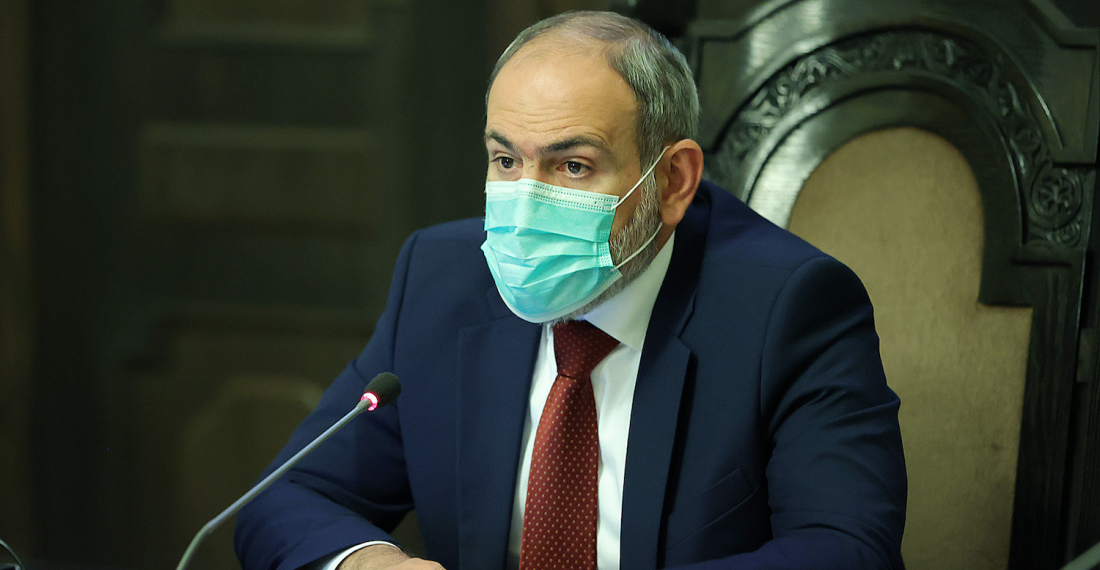This morning (29 July) the prime minister of Armenia, Nikol Pashinyan, suggested that Russian troops could be deployed along the entirety of the Armenian-Azerbaijani border. His remarks follow the eruption of some of the most violent clashes between Armenian and Azerbaijani forces since the end of the 44-day war.
In a meeting of the Armenian Cabinet, Pashinyan stated “ Given the current situation, I feel that it makes sense to consider the deployment of Russian border guards along the entire Armenian-Azerbaijani border, which would allow for demarcation and delimitation work without the risk of armed clashes”, adding that he would discuss the issue further with his Russian colleagues.
During the same meeting, he also suggested that the deployment of a Collective Security Treaty Organization (CSTO) observer mission along the Armenian-Azerbaijani border could be a “possible solution to the deadlock”, and should provided for by CSTO regulations. If this wouldn’t be possible, he said that there may be other suitable international formats such as the OSCE Minsk Group co-chairmanship. Pashinyan also recalled the OSCE Minsk Group Co-Chairs’ statement of 13 April calling for more high-level political dialogue and re-affirmed Armenia’s readiness to resume negotiations under the auspices of the Co-Chairs.
Armenia is expected to take the chairmanship of the CSTO under the principle of rotating chair on 16 September.
The Armenian leader also addressed the concept of a corridor connecting Azerbaijan to its western exclave, Nakhchivan, saying that, "I have repeatedly stated that Armenia has never discussed and will not discuss anything under the logic of a corridor, and with the above-mentioned formulations Azerbaijan is trying to hinder the opening of regional communications". He stated that neither the 10 November nor 11 January agreements mention anything about such a corridor or any specific routes, adding:
"We definitely consider that all transport and economic communications should be reopened in the region. Armenia should get transit routes through Azerbaijan to Russia, Central Asia, the Islamic Republic of Iran, and in the meantime, Azerbaijan will have transport communication with Nakhichevan, Georgia, Iran through Armenia."
In recent days, clashes have intensified on the Armenian-Azerbaijani border, with nine Armenian servicemen wounded and four killed, and four Azerbaijani servicemen wounded and one killed since 14 July. The fighting culminated yesterday morning (28 July) in what the Armenian Ministry of Defence described as an “immense firefight” with multiple local battles along the border. This was brought to an end by a Russian-mediated ceasefire at 10:00; however, the MODs of both countries have already accused each other of breaking the ceasefire, with skirmishes reported in the early hours of 29 July.



